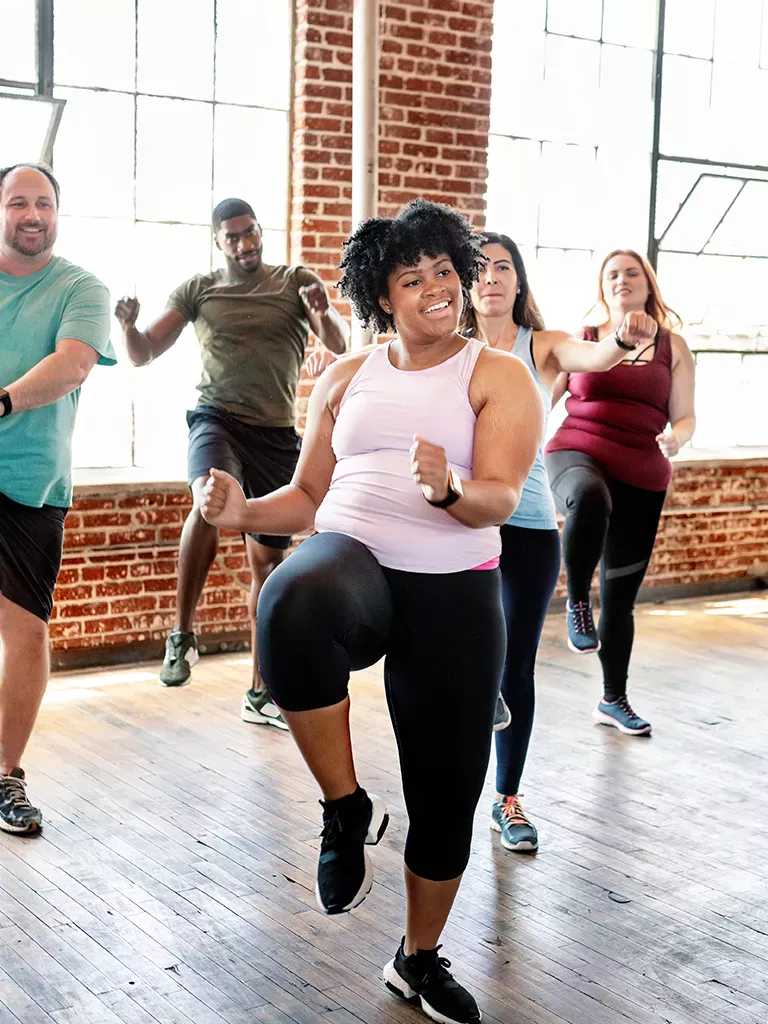At some point, food stopped being food—and started being a full-blown identity. Suddenly, what’s on your plate became a statement, a side, a status symbol. Now, every bite you take feels like a declaration of loyalty: Are you paleo? Keto or carb king? Are you doing it right?
The truth is that is no single right way. Nutrition isn’t a rigid belief system, and your diet isn’t a personality trait. Let’s cut through the noise, drop the labels, and figure out what actually works, for you.
Why We Treat Diets Like Identities
In SA, we’ve got WhatsApp groups debating cheat meals like it’s politics. Everyone’s suddenly a nutrition guru. Food is no longer just fuel; it’s an identity. Instead of experimenting with different carb levels, we hear I am keto for life.
The problem? When eating becomes a belief system, it stops being flexible. But nutrition should be adaptable, personal, and – dare we say – enjoyable. What if we stopped fighting (ourselves and one another) over food and started focusing on what makes us feel, perform, and recover better?
The Science of Dieting – Why Everything Works and Nothing Works
Every diet works if it creates a calorie deficit. That’s the one universal truth. But why does each diet have an army of devoted followers?
- Keto works because cutting carbs often reduces hunger.
- Low-carb works because it stabilises blood sugar and increases fat adaptation.
- High-protein works because it supports muscle retention and satiety.
- Intermittent fasting works because it naturally limits calorie intake and regulates insulin levels.
The real question is, what can you sustain for the long run? Research from the New England Journal of Medicine (Hall et al., 2019) confirms that while macronutrient composition plays a role, sticking to it for the long-term is the real game-changer.
A Note from The Planet Fitness Team
The Myth of the "Perfect" Diet
What works for someone eating a Mediterranean diet in Cape Town won’t work for a runner crushing hills in Soweto on maize and lean meat. Every diet community has its die-hard believers who swear their way is the way. The problem? Bodies are different. Metabolisms adapt. Genetics play a huge role. Dr. David Ludwig’s study in Cell Metabolism (2021) explains how personalised nutrition is the future. What works for your best friend might wreck your digestion, tank your energy, or slow your training progress. So why commit to a label that doesn’t serve you?
A Note from The Planet Fitness Team
Food Is Fuel. Not a Moral Choice.
Real transformation happens when you stop dieting and start fuelling. When food is no longer a moral decision,it becomes a tool – one that supports strength, endurance, focus, and longevity.
A Note from The Planet Fitness Team
You’re not just training for a body. You’re fuelling for a life.
- More protein for strength and muscle recovery.
- More fibre for gut health and sustained energy.
- More healthy fats for brain power and hormone balance.
- More hydration for better recovery and performance.
- More balanced meals that align with your activity levels and training goals.
A 2014 study in the Annual Review of Public Health (Katz & Meller) found that the best diet isn’t about elimination, it’s about nutrient density. Instead of worrying about trends, think about how your food choices fuel your goals.
How To Get Started With This No-BS Nutrition Guide Forget the trends
Stop Googling “best diet for training” and start paying attention to your body.
Prioritise whole foods
Protein, fibre, and hydration should be your first focus.
Experiment
Play around with meal timing, carb intake, and portions. See what optimises your energy.
Fuel for your goals
If you’re training for endurance, you may need more carbohydrates. If you’re focused on strength, protein should be your priority.
Make it enjoyable
If you hate your plan, you won’t stick with it. Food should support your life, not take over it.
A Lancet Diabetes & Endocrinology study (Lean et al., 2018) found that behavioural approaches like habit-building and flexibility are more effective than strict diet rules for long-term weight management.
From Diets to Sustainable Fuel
The idea that health requires a strict diet is outdated. Instead, think of food as a way to fuel your body in a way that makes you feel strong, energised, and resilient. The best approach to eating isn’t about following trends, it’s about finding what works for you. As your body and lifestyle evolve, so should your nutrition plan. What supports your goals today may shift over time, and that’s completely normal.
Why Nutrition and Training Go Hand in Hand
Your diet shouldn’t exist in isolation. The way you eat should support your physical activity, recovery, and performance.
- If you’re strength training, prioritise protein and healthy fats for muscle recovery.
- If you’re training for endurance, make sure you’re getting enough carbohydrates for sustained energy.
- If you’re focusing on metabolic conditioning, a balanced approach with protein, carbs, and fats is ideal.
Nutrition is about strategy, not deprivation. When you align your eating habits with your training goals, you optimise performance, recovery, and overall well-being.
Planet Fitness: A Space for Every Nutrition Philosophy
No judgment. No food policing. Whether you’re low-carb, high-protein, or somewhere in between, your nutrition journey is your own.
Train for life, eat for fuel. You’re not here to prove a point. You’re here to train for life. So fuel your fire, ditch the food guilt, and let your meals support the athlete you already are.



